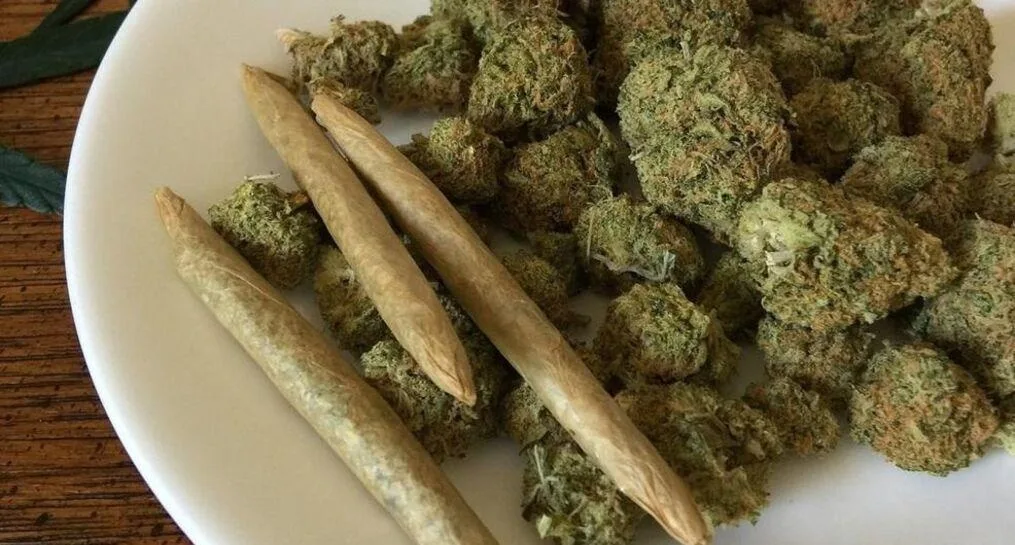An initiative to legalize recreational marijuana has officially been placed on the November 2024 presidential election ballot in South Dakota.

“We qualified for the November 2024 ballot!”, said South Dakotans for Better Marijuana Laws in a post made today on the social media platform X. “To everyone who gave their time, energy, or signature to this petition, we thank you – qualifying an initiative for the ballot is the first step towards reforming South Dakota’s cannabis policy in 2024.”
Secretary of State Monae L. Johnson sent out a press release stating that “a petition submitted for an initiated measure was validated and filed by her office today. This ballot question would legalize the recreational use, possession, and distribution of marijuana. The title for the ballot question will be Initiated Measure 29, and it will appear on the 2024 General Election ballot on November 5, 2024.”
An initiated measure currently requires 17,508 valid signatures in order to appear on the ballot. As outlined in SDCL § 2-1-16, the Secretary of State’s Office conducted a random sample of the petition signatures and found 77.76 percent to be valid. Additional part-time staff was hired to assist with the validation process. Based on the results of the random sample, 22,558 signatures were deemed valid.
In 2020, South Dakotans for Better Marijuana Laws successful placed a marijuana legalization initiative on the November ballot, with it receiving support from 54% of voters. Due to a technicality in the initiative’s language, the measure was thrown out by state courts. A subsequent effort in 2022 that addressed the court’s issues also made the ballot, but failed with 47% support amid lower voter turnout given it was not a presidential election.
According to polling release last month, a plurality of voters in the state support legalizing marijuana, 45% to 42%. Although support for legalization was 2% lower than support for the 2022 initiative, opposition to legalization was 10% lower than opposition to the 2022 initiative. Based on this data, just 28% of those who remain undecided would need to vote in favor of a legalization initiative for it to pass.







